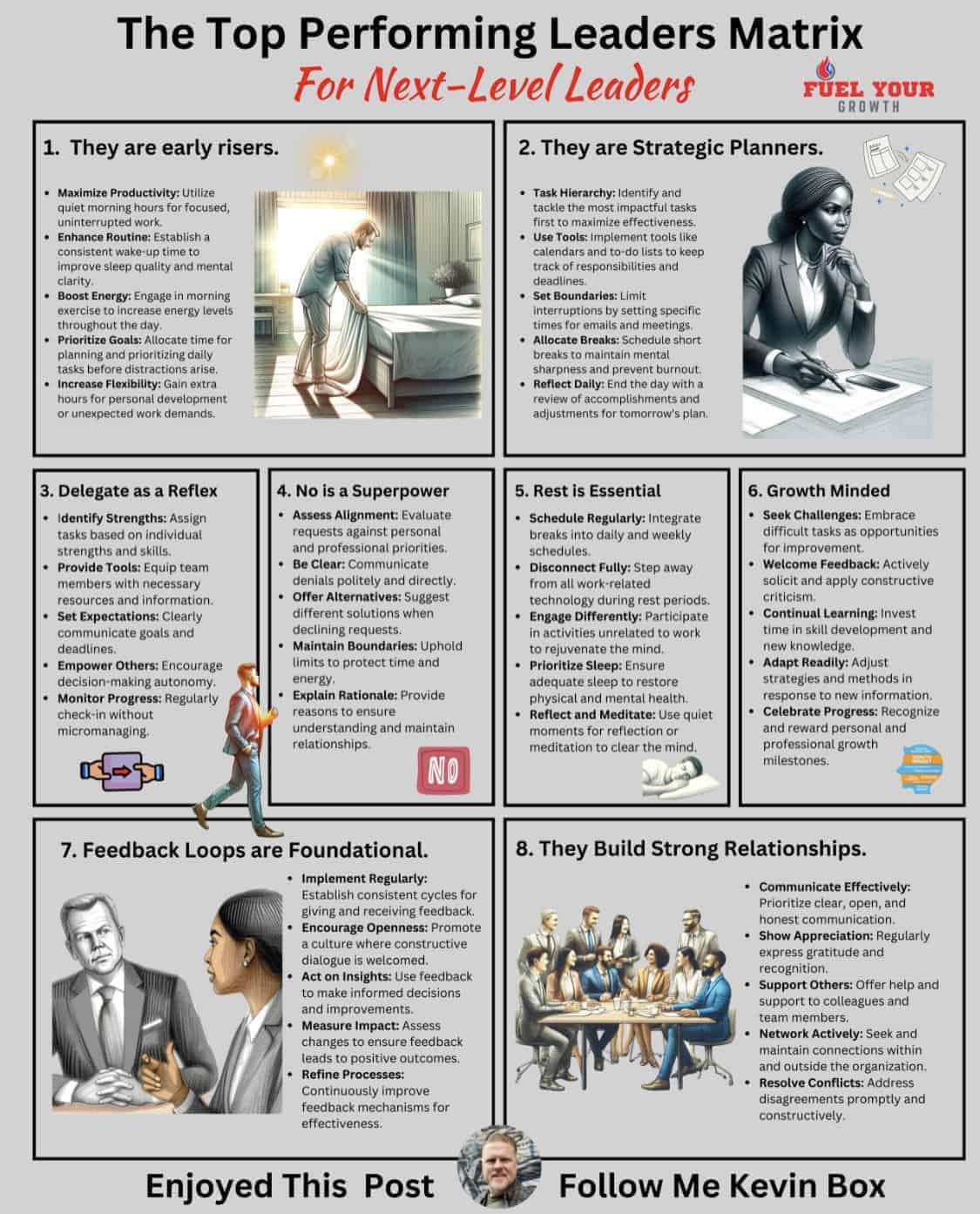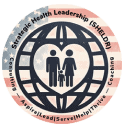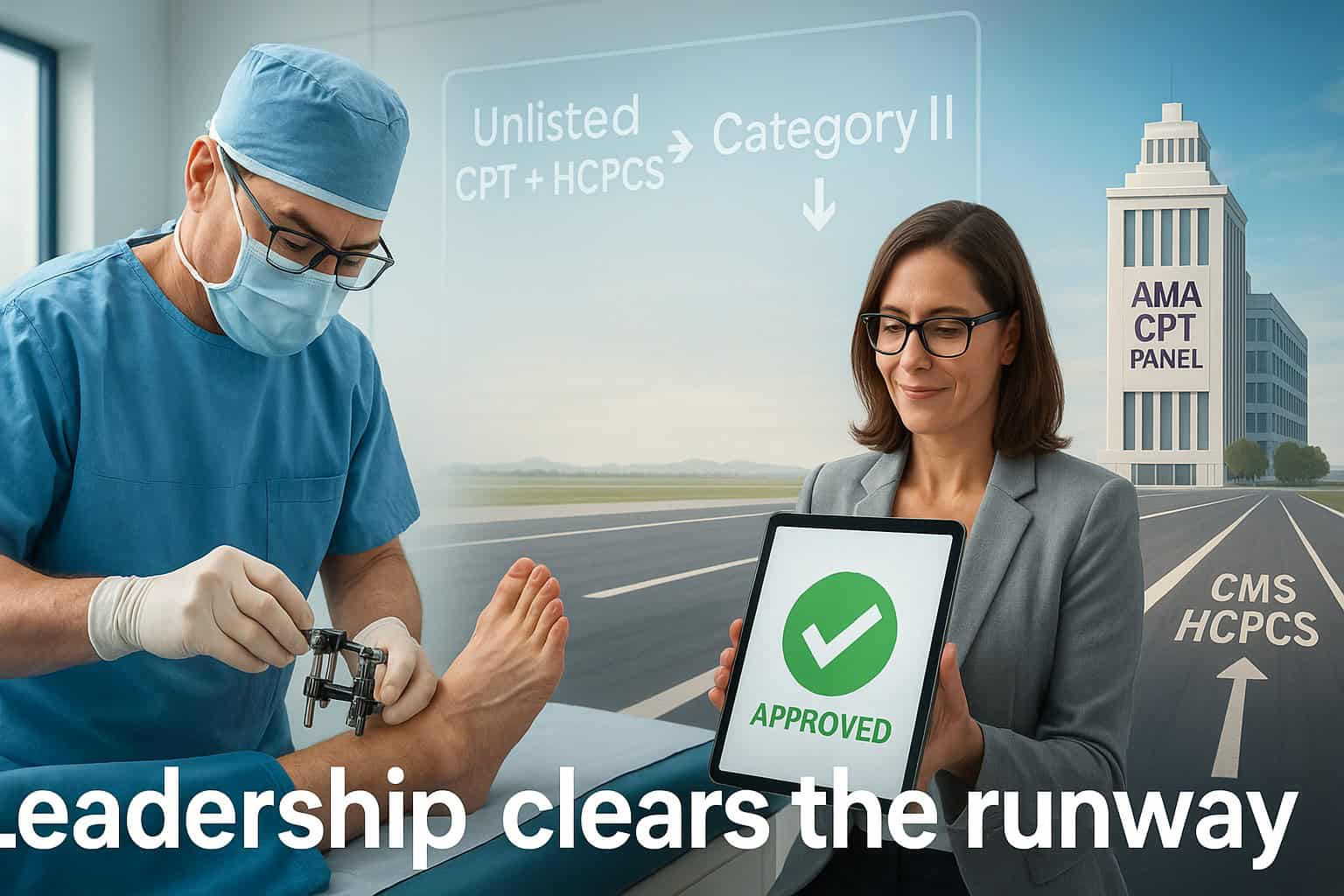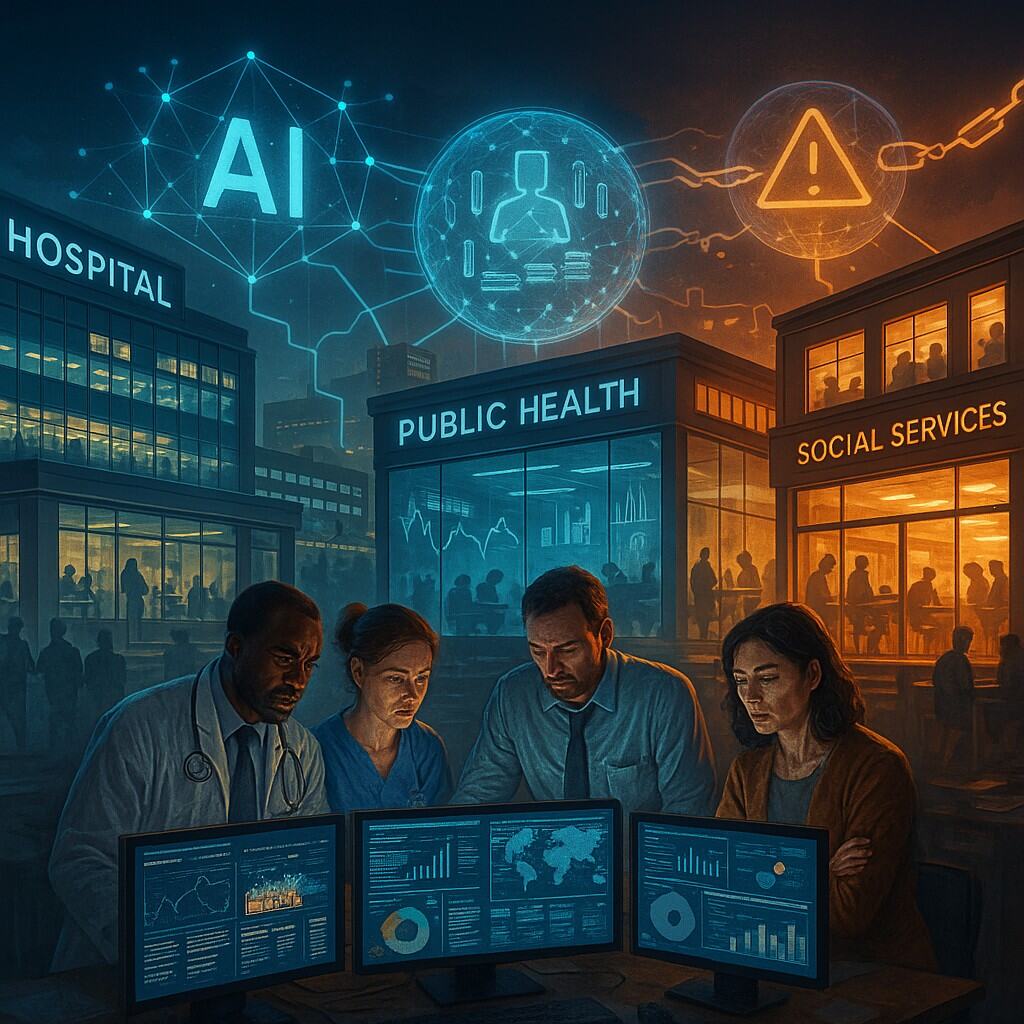Executive Summary
Developing leaders is crucial for health and human services professionals. While habits like strategic planning are important, focus on soft skills like communication and collaboration. Better yet, build 8 habits of success. Many organizations lack leadership development programs, but resources exist to help you grow. This article offers tips and resources to jumpstart your leadership journey.
Key Word (#Hashtags)
- Leadership Development
- Leader Development
- Health Professionals
- Soft Skills
- Health Leadership
- Leadership Habits
Table of Contents
Introduction to Leadership Development Tips
It’s great to know the habits of top-performing leaders. Kevin Box’s infographic “The Top Performing Tips for Next-Level Leaders” provides eight critical strategies for effective leadership development. These tips include:
- Early waking up.
- Having a strategic plan.
- Increasing as a reflective thinker.
- Saying no to specific requests or tasks.
- Reflecting daily.
- Being growth-minded.
- Implementing feedback loops.
- Building strong relationships.

Easy enough? Not so fast.
It’s not an easy task to develop these habits. We understand the challenges you may face. Instead of the age-old debate of ‘leaders are born versus developed‘, focus on developing your leadership competencies, especially soft leadership skills, followed by associated habits for sustainable success.
Inertia alert!
Leadership Development Programs in Short Supply
In reality, you must develop your skills with or without organizational support. Most organizations need to provide more leadership development opportunities. The top five leader development gaps in healthcare organizations include:
- Need more resources and funding.
- High levels of burnout.
- The complexity of health systems.
- Need for self-awareness and experiential learning.
- Collaboration and communication skills.
The allocation of additional resources and funding can positively impact patient care and improve access to modern equipment and research opportunities. However, healthcare leaders also need help with burnout among professionals and a shortage of skilled workers. The evolving complexity of healthcare systems and rapid technological and regulatory changes require leaders to adapt and innovate continuously.
Self-awareness, experiential learning, and building leadership habits are essential for effective leadership, but many leaders lack opportunities for experiential learning and self-examination. Collaboration and communication skills are also critical for navigating the complexities of modern healthcare environments.
Professional Development Resources
These gaps underscore the need for comprehensive training and development programs to equip leaders with the skills necessary to thrive in the evolving healthcare landscape. You must decide how to begin and continue your leadership development journey. The infographic’s tips are handy for health and human services professionals aiming to enhance their leadership skills and drive organizational success. To start, consider the following resources:
- American College of Healthcare Executives (ACHE): The text is: “Home to more than 49,000 healthcare executives committed to integrity, lifelong learning, leadership, diversity, and inclusion.”
- National Leadership Academy for the Public’s Health (NLAPH): This program supports teams in advancing their leadership skills and achieving health equity. It includes a leadership project, webinars, a retreat, coaching support, and peer networking.
- National Organization for Human Services (NOHS): NOHS offers professional development opportunities to enhance service delivery and contribute to society’s well-being by staying informed about the latest research and best practices.
- AHRQ TeamSTEPPS Program: AHRQ provides tools and resources to improve team communication and patient safety, including critical team leadership concepts and tools.
- HHS Leadership Development Programs: The Department of Health and Human Services (HHS) provides leadership development programs such as mentoring, emerging leaders, and senior executive candidate development.
These resources can help you develop your leadership skills, stay updated with the latest trends, and effectively lead your team in the health and human services sector.
What’s your plan?
Learn More
Summary
This article highlights the importance of leadership development for health professionals, emphasizing soft skills and building habits for long-term success. It acknowledges the challenges, including lack of organizational support and a complex healthcare landscape. It offers resources to fill the gaps in leadership development programs, including self-awareness, collaboration, and navigating evolving healthcare systems. In the meantime, checkout my article on change management strategies.
Discussion Questions
- What soft skills do you believe are most important for healthcare leaders, and why?
- How can health professionals overcome the challenges of developing leadership skills in a busy healthcare environment?
- Have you explored any of the leadership development resources mentioned? If so, how have they helped you?
Learning Activities
- Self-Assessment: Reflect on your leadership strengths and weaknesses. Use online leadership quizzes or personality assessments to gain further insights.
- Shadow a Leader: Observe a leader you admire and take note of their communication, decision-making, and team management styles.
- Book Club: Start a book club with colleagues to discuss leadership books and foster peer learning.
Introduction
It’s great to know the habits of top-performing leaders.
The infographic “The Top Performing Tips for Next-Level Leaders”
provides eight critical strategies for effective leadership development.
These tips include:
- Early waking up.
- Having a strategic plan.
- Increasing as a reflective thinker.
- Saying no to specific requests or tasks.
- Reflecting daily.
- Being growth-minded.
- Implementing feedback loops.
- Building strong relationships.
Easy enough? Not so fast.
It’s not an easy task to develop these habits. We
understand the challenges you may face. Instead of the age-old debate of
‘leaders are born versus developed’, focus on developing your leadership
competencies, especially soft leadership skills, followed by associated habits
for sustainable success.
Inertia alert!
Leader
Development Programs in Short Supply
In reality, you must develop your skills with or without
organizational support. Most organizations need to provide more leadership
development opportunities. The top five leader development gaps in healthcare
organizations include:
- Need more resources and funding.
- High levels of burnout.
- The complexity of health systems.
- Need for self-awareness and experiential learning.
- Collaboration and communication skills.
The allocation of additional resources and funding can
positively impact patient care and improve access to modern equipment and
research opportunities. However, healthcare leaders also need help with burnout
among professionals and a shortage of skilled workers. The evolving complexity
of healthcare systems and rapid technological and regulatory changes require
leaders to adapt and innovate continuously.
Self-awareness, experiential learning, and building
leadership habits are essential for effective leadership, but many leaders lack
opportunities for experiential learning and self-examination. Collaboration and
communication skills are also critical for navigating the complexities of
modern healthcare environments.
Professional
Development Resources
These gaps underscore the need for
comprehensive training and development programs to equip leaders with the
skills necessary to thrive in the evolving healthcare landscape. You must
decide how to begin and continue your leadership development journey. The
infographic’s tips are handy for health and human services professionals aiming
to enhance their leadership skills and drive organizational success. To start,
consider the following resources:
·
American College of Healthcare Executives (ACHE): The text
is: “Home to more than 49,000 healthcare executives committed to
integrity, lifelong learning, leadership, diversity, and inclusion.”
·
National Leadership Academy for the Public’s Health (NLAPH):
This program supports teams in advancing their leadership skills and achieving
health equity. It includes a leadership project, webinars, a retreat, coaching
support, and peer networking.
·
National Organization for Human Services (NOHS): NOHS
offers professional development opportunities to enhance service delivery and
contribute to society’s well-being by staying informed about the latest
research and best practices.
·
AHRQ TeamSTEPPS Program: AHRQ provides tools and resources
to improve team communication and patient safety, including critical team
leadership concepts and tools.
·
HHS Leadership Development Programs: The Department of
Health and Human Services (HHS) provides leadership development programs such
as mentoring, emerging leaders, and senior executive candidate development.
These resources can help you develop your leadership
skills, stay updated with the latest trends, and effectively lead your team in
the health and human services sector.
What’s your plan?
Summary
This article highlights the importance
of leadership development for health professionals, emphasizing soft skills and
building habits for long-term success. It acknowledges the challenges,
including lack of organizational support and a complex healthcare landscape. It
offers resources to fill the gaps in leadership development programs, including
self-awareness, collaboration, and navigating evolving healthcare systems.
Discussion Questions
- What soft skills do you
believe are most important for healthcare leaders, and why? - How
can health professionals overcome the challenges of developing leadership
skills in a busy healthcare environment? - Have
you explored any of the leadership development resources mentioned? If so,
how have they helped you?
Learning Activities
- Self-Assessment:
Reflect on your leadership strengths and weaknesses. Use online leadership
quizzes or personality assessments to gain further insights. - Shadow
a Leader: Observe a leader you admire and take note of
their communication, decision-making, and team management styles. - Book
Club: Start a book club with colleagues to discuss
leadership books and foster peer learning.




